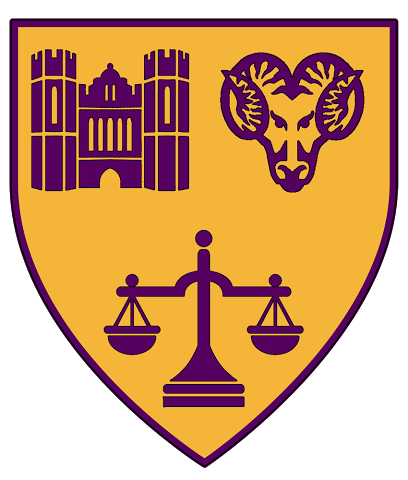

“We’re preparing comprehensive educational information, including FAQs to be included on our website our student health service,” she says. The school has redirected resources created to combat COVID-19. Nancy Santos Gainer, a spokeswoman for West Chester University, says school officials have ramped up public health efforts since a commuter student tested positive for monkeypox July 9. “Instead, students need to be taught what symptoms to watch out for,” she says, and college health centers “need to have a very low threshold for testing,” while students need to be educated about how to limit their risk of infection. While that’s the case, mass vaccination of a low-risk group (all students) is not an option,” says Leana Wen, MD, an emergency doctor and public health policy professor at George Washington University. “Vaccines are in extremely limited supply. Some are also adding monkeypox discussions to student orientation programs, stocking health facilities with tests, and developing isolation plans, in case of any outbreaks.įor now, universities and colleges are not planning mass vaccination campaigns for students or staff, in part because the shot is in limited supply and only for those most at risk for the virus, such as men who have sex with men. In response to the threat, school officials are rushing to raise awareness of the virus, which is mostly spread through skin-to-skin contact. “And they should also coordinate with their local state health departments as more vaccine becomes available for those at-risk populations.” “They need to have some connection with getting students tested on campus,” he says. Schools need to make sure their campus medical staff is educated about monkeypox, he says, and make sure students know where the risks are.


 0 kommentar(er)
0 kommentar(er)
